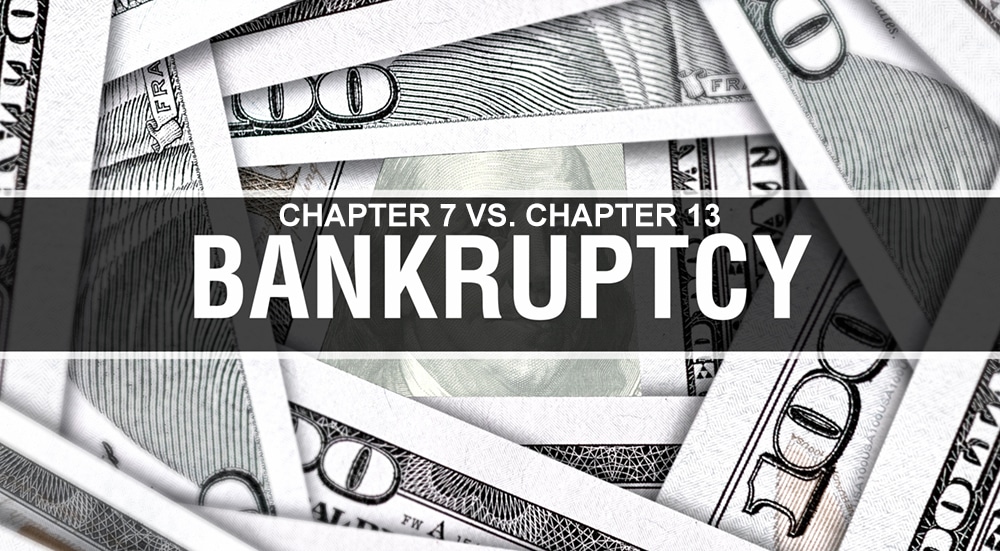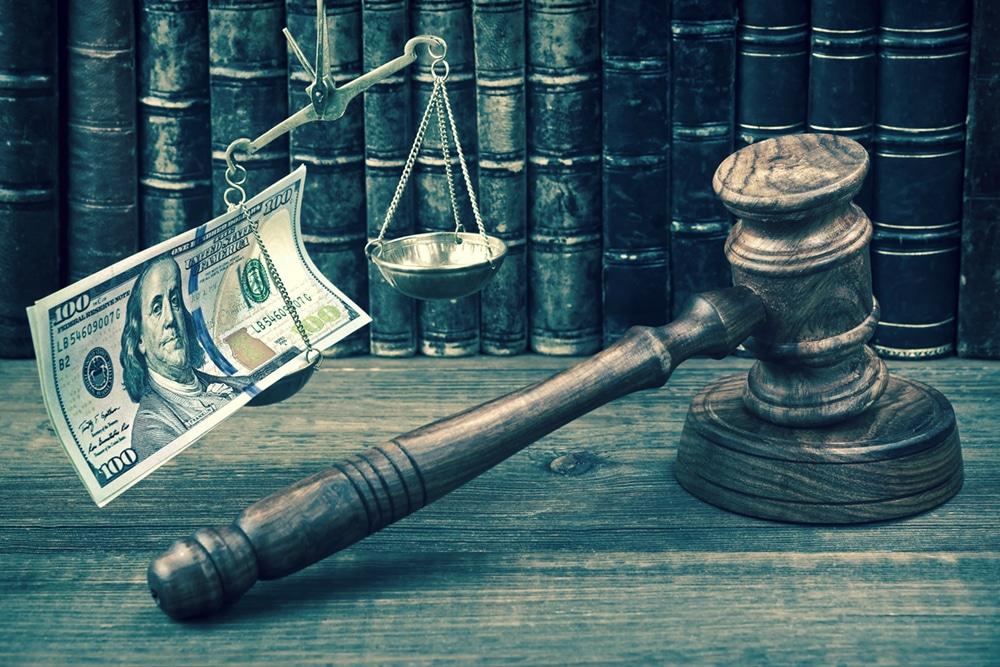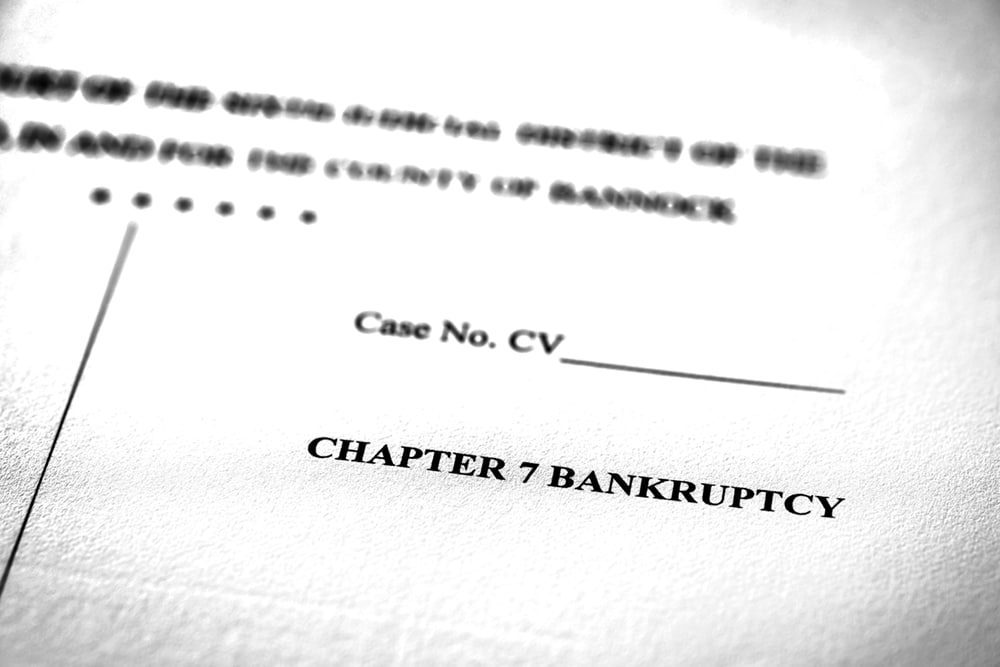As education, transportation, food, energy, water, fuel, property, and entertainment become increasingly more expensive, those leading this country seem to have forgotten to increase one very important thing: the income and wages of the American people who are expected to buy all this stuff.
Debt and poverty are quickly becoming less of a horror story from the news, and more of a reality for hundreds of millions of people in this country. Many people don’t fully understand why this happens since they look back and see that things used to be so much cheaper decades ago, gas for $0.25 right? But they forget to account for the fluctuations in the value of our currency over the years. In as little as 60 years, our currency has depreciated in value at an alarming rate. In 1959, one US dollar was worth ten in today’s standards. Our money loses its value, and everything around us rises in cost to accommodate those fluctuations, except income. Thus we see a populous of people incapable of keeping up with the dramatic inflation.
Unfortunately, until we see some major changes, the problem only seems to be getting worse. Any adult knows that money and financial stress can be a consuming issue, affecting even your relationships. With constant fights about money being one of the leading causes of divorce, and the frustration of never being able to keep up with your expenses causing loss of sleep, lack of focus, and more. It isn’t hard to see why adults today are so stressed. Finding a place to thrive in this country has become a full-time job in and of itself, with college graduates working multiple minimum wage jobs just to keep up.
Our economy is a very delicate and complex house of cards with so many unique, yet equally essential components that hold everything together. Currency value, cost of living, income, education level, employment availability, taxes, and even environment can impact our economy. Regardless, there has to be a better way. If we truly want to make our country a better place, changes need to be made. Until then, Church and Korhonen, PC, will do everything in our power to help the people who are currently suffering. Debt can be incredibly scary, but luckily we are here to help.
If you are experiencing insufferable debt or are in need of legal advice, call Church and Korhonen, PC, toll-free at 1.800.758.5611 or simply fill out the form in the sidebar to begin taking steps to a more sound financial future, greater peace of mind and a fresh start.










